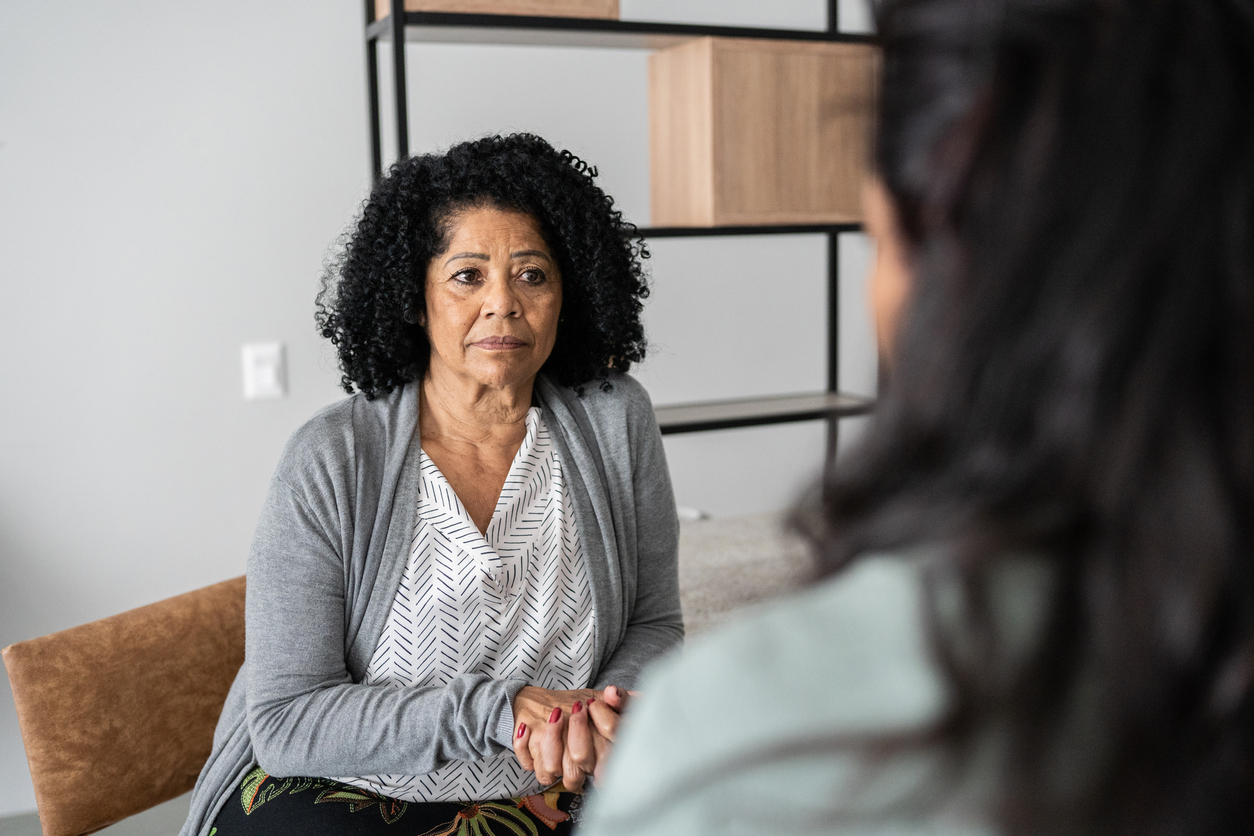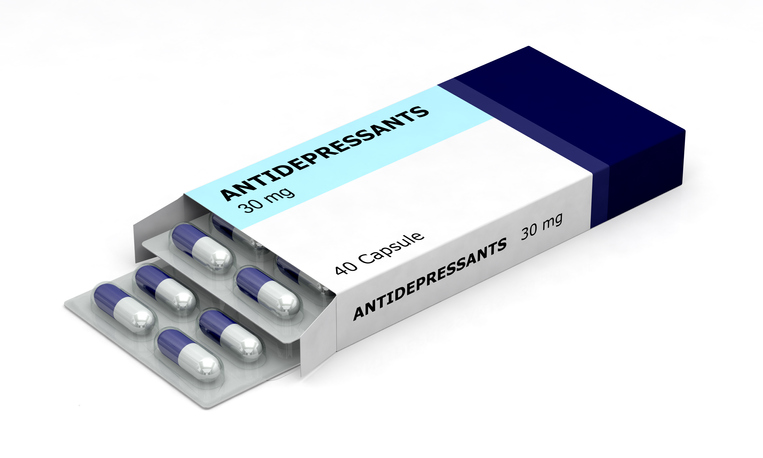Treatments
Tips When Feeling Uncomfortable With a Therapist

Do you find this helpful
Print
Share
Save
Feeling relaxed and speaking honestly with a therapist are important factors of a successful therapy outcome. However, not all therapists are good matches for each individual. Negative emotions, such as anxiety, can occur when individuals are uncomfortable with a therapist, which slows or prevents progress of the treatment plan.
Below are tips that can help when feeling uncomfortable with a therapist.
- Give it time. It is common to feel anxious or uncertain during the first few therapy sessions. Once the uncertainty passes, the discomfort may also cease. Productivity slows when feeling awkward with a therapist for a long period; however, slight discomfort is normal during the first couple of sessions due to speaking with a stranger about personal issues.
- Avoid being too comfortable. Individuals may feel more at ease when participating in pleasant chit-chat during an entire therapy session instead of talking about difficult issues, but that will not lead to treatment progress. Difficult topics must be discussed during therapy. The therapist should still provide an environment that is safe and productive, despite challenging conversations.
- Voice feelings. If feeling uncomfortable with a therapist, or if progress is not being made, be honest and express these feelings to the therapist. They may be able to try a different technique or change the aspect of treatment to improve the situation.
- Find another therapist. Sometimes, a therapist is just not a good match. Explain to the therapist about the plan to find someone else and the reason. They may be able to provide a recommendation for a better prospect.
- Report the therapist if necessary. If a therapist is acting unethically, such as being inappropriate or abusive, immediately discontinue seeing the therapist. Report the behavior to the therapist’s licensing board or with an ethics committee if they are part of a professional association. Illegal behavior should also be reported to local law enforcement.
Additional source: California Department of Consumer Affairs



















